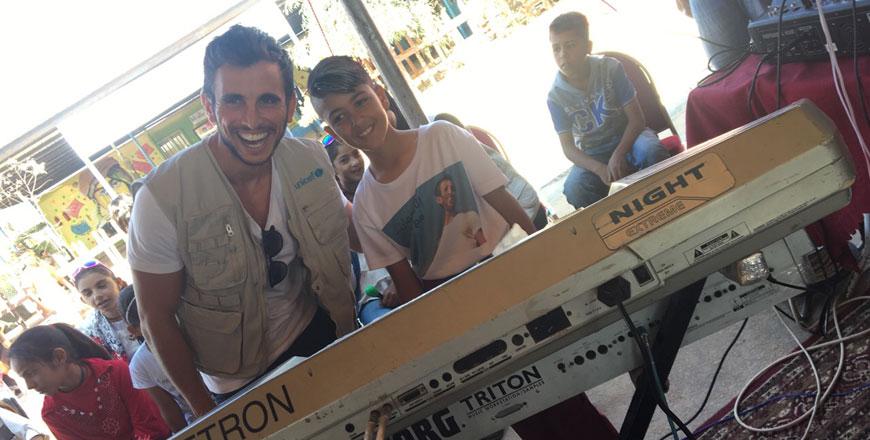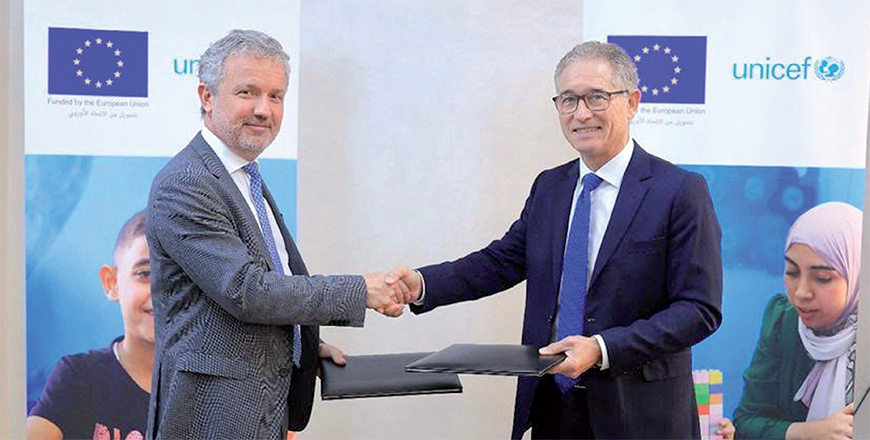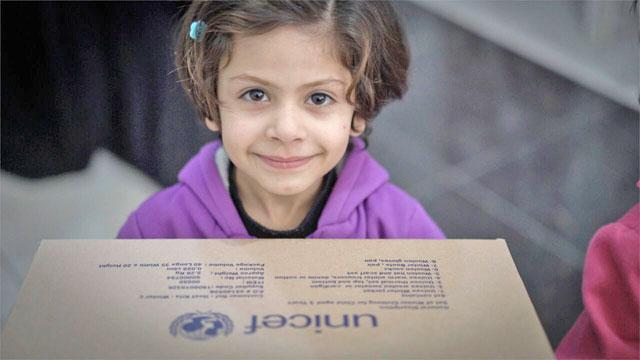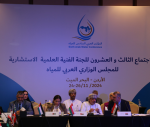You are here
UNICEF programme uses music to fight anxiety, build confidence in children
By Sawsan Tabazah - Sep 26,2018 - Last updated at Sep 26,2018

Musiqati or ‘My Music’ is the first music therapy programme designed for refugee children in refugee camps (Photo by Sawsan Tabazah)
AMMAN — A band of Syrian children refugees played musical instruments along with the Jordanian pianist, Zade Dirani on Wednesday, and treated their families and friends at Azraq refugee camp to an array of melodies during the launch of UNICEF's music therapy programme.
Musiqati or “My Music” is the first music therapy programme designed for refugee children in refugee camps to help them cope with trauma and loss by making music, while enhancing their skills to communicate and express themselves.
“The two kids, the one who was behind the keyboard and the one who was singing, had great feel about the music, it was incredible to see that, because music is not something you can theorise, it is either you feel or not. So this programme might give them the opportunity to do something out of it in the future” Dirani, UNICEF regional ambassador for Middle East and North Africa told the Jordan times.
Dirani said that he first conceptualised the programme in 2016 after a visit to Zaatari refugee camp where he played piano in front of a large number of children “I was amused by the impact of music on children”.
Music therapy experts in consultation with children and adults living in refugee camps in Jordan designed Musiqati, which was piloted for a year in UNICEF’s Makani (“My Place” in Arabic) centres. The centres offer a comprehensive set of services to children at Azraq, 100 kilometres east of Amman, and at Mafraq’s Zaatari refugee camps.
According to UNICEF’s statement, around 65 per cent of the children who took part in the music therapy have shown a progress in terms of participation, ability to wait and take turns, decision-making and the ability to express themselves confidently.
“Evidence shows that music therapy is of great benefit to children at Makani centres. It is wonderful to see boys and girls laughing, playing music and just being children again” Robert Jenkins, UNICEF representative in Jordan said.
“Music is not just a kind of entertainment; it helps the children to dream about a better future,” Dirani said during his speech.
Dirani dreams about expanding the programme: “The idea was to create a model to reach thousands of kids not only in Jordan, but around the world and [the programme] can be easily duplicated, because it does not cost a lot of money and [makes use of the] human resources factor from within the refugee camp.”
Related Articles
AMMAN — The European Union has recently announced 10 million euros in funding for UNICEF over the coming two years to help improving the inc
AMMAN — The government of Panama on Sunday announced donating sports equipment to UNICEF in support of children’s access to play in the Zaat
AMMAN — “I was so worried.















